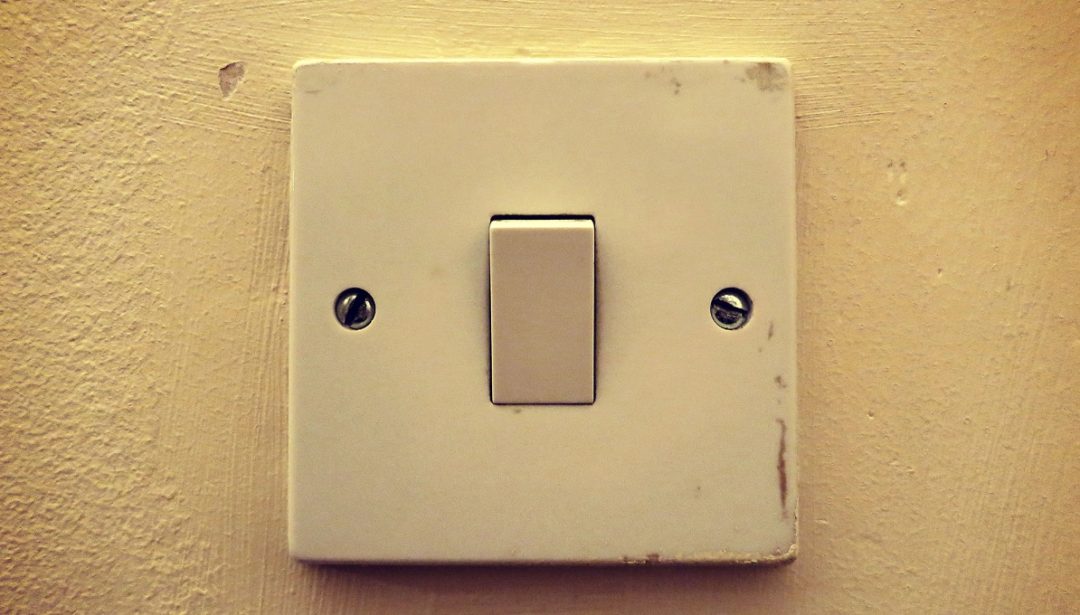I’ve been keeping busy this week with the #IKDGstories campaign, and will be doing a twitter chat at 7p eastern tonight, August 3rd (my handle is @samanthapfield). I know that many of you left comments on my I Kissed Dating Goodbye review series about how those teachings affected you, so if you wanted to share those stories more broadly, you can submit to our tumblr, or link-up your own blog post. While our intense focus will be for this week, we’re going to continue posting stories as long as they’re being submitted.
***
I wasn’t allowed to use “crude language” when I was growing up. There were a few explanations given, like “only people with limited vocabularies swear,” or “the Bible says not to take the Lord’s name in vain,” but considering I had access to Google when I was teenager, I never really understood why those were considered valid arguments. First, some studies indicate that people who use curse words might actually have larger vocabularies than those who don’t; second, I was never sure why “don’t take the Lord’s name in vain” applied not just to God dammit and Jiminy Christmas and geez but also shitake mushrooms and fudge. Also, it made a lot more sense to me for “don’t take the Lord’s name in vain” to be “don’t use God to justify really terrible decisions” and not necessarily “don’t use the phrase oh my gosh.”
There is one rule we had that I’m still thankful for, though: we didn’t use derogatory or dismissive language, like calling people “stupid,” or “retarded,” or “dumb.” Considering how many of those terms are ableist, sexist, or racist, I’m very grateful for this deeply ingrained habit.
In graduate school, I read an essay by Mark Driscoll that argued in favor of Christians using epithets and curse words. While I find Mark to be, in general, a loathsome human being, I did find that particular essay thought-provoking enough to research further. Considering Paul uses a word that is roughly equivalent to shit, I decided that since there wasn’t a Bible-based reason not to swear, I was going to figure out how “using euphemistic language” worked.
It took me a while. If you’ve ever seen Signs, I sounded a lot like Mel Gibson’s character, a priest, trying to swear. It was hilarious– my friends thought it was adorable and endearing while I was just plain embarrassed until I figured out the various parts of speech that fuck can be. As in: fucking shit is grammatically appropriate, but shitty fuck is just wrong (although, I found, that as long as you used a stream of them, it turned into something adorable: shitty fuck shit fuck fucky shit makes people laugh instead of looking at you like you’re from Mars).
However, once I started using curse words, I ran into a problem: I didn’t know how to stop.
Thankfully it never affected me professionally, except for one amusing incident. I’d had a cyst rupture on a Monday, and was back in class teaching on Wednesday, although pretty doped up on Vicodin. I forget exactly what happened, but something went wrong and I said “Oh shit” in front of my class of twenty-two freshman students at Liberty University. My boss thought it wasn’t a big deal, thank God, but still– I realized I seriously need to acquire a filter. Everyone around me had no problem switching between hanging-out-on-the-weekend-sounding-like-sailors to standing-in-the-office-talking-about-T.S Eliot, but I did.
It took me a couple years until I really got a handle on being able to switch between vocabulary sets when I needed to– like not swearing profusely around my mother, who has relaxed quite a bit from those “do not take the Lord’s name in vain” days but still isn’t entirely fond of hearing the word fuck every hour. Or, now, in front of customers at the bookstore I work in.
It confused me for a long time that this seemed to be a very natural skill set for most of my peers. Handsome started swearing in middle school, but knew from the get-go that sort of talk would not be acceptable at home. He swore with his friends, but not around his parents. Most of us pick up this habit naturally, from a young age: eventually, I figured out there’s a term for it.
It’s called code-switching, and to fundamentalist Christians, it isn’t allowed.
Code-switching is a little more complicated than just “uses curse words in some situations/contexts but not others.” Most importantly, there’s a definite racial component to how code-switching works in American culture, and I definitely don’t want to ignore that. As complex as it is, though, it’s something that fundamentalist Christians view as wrong, even sinful.
It’s sinful, because Christians are supposed to be an “effective witness.” We’re supposed to have “good testimonies.” That doesn’t mean we’re good at street preaching or have inspiring stories to share during “Testimony Hour” at church: it means that we have reputations in our communities. It should be obvious to anyone, anywhere, that we’re Christians, that we’re different. We should walk, dress, and yes even talk in a way that draws attention to Christ and his work in us. We should stand out.
All of that isn’t just an act we can drop. We’re only capable of having a good testimony if we have good character– character that will be reflected in everything we do, everything we say. If we are willing to use one vocabulary set around some people but not around others, that points to lack of consistency, of authenticity, and most especially a lack of integrity. If we act one way around our family, another in our church, another while we’re at Wal-Mart, and yet another when we’re on the job, what are we even doing? How can you possibly hope to be “the only Jesus people will ever meet” if you’re not being a shining example of Christian living 100% of the time?
This attitude is one of the many ways that fundamentalist Christian culture interferes with people being human. It is more than just normal for people to act and speak differently in different contexts, it’s expected, and it’s a good thing. We should be able to let down our barriers around people we trust not to judge us. We should be able to relax around our friends. We should be able to act in a manner expected in “professional” contexts, too.
This isn’t just yet another way that fundamentalists are weird. Now that I’m talking about it, you can probably think of a number of fundamentalist kids who just seemed off and sorta creepy– and this pressing need to always be “on” is probably why. But it’s not just something to point out that make Christian fundamentalists a little bit different: it’s a form of spiritual abuse.
In my cult-like church, spiritual abuse was often overt, like the times when the pastor targeted specific people in his sermons and lambasted them from the pulpit. More often, though, it’s subtle, and it looks like the principle that we’re always supposed to be a Christian witness. This is emotional labor, and it is horribly taxing and wearying when you’re never allowed to stop performing “good Christian.”
It’s roughly analogous to working in a customer service position: you take every customer’s rant and demand with a smile plastered on your face. You never falter in being patient, no matter how frustrating the customer is being, no matter how they berate you for something that isn’t your fault or you have no control over. By the end of the day this is utterly exhausting.
Now imagine not having an “end of the day.” That’s what it’s like to be a fundamentalist Christian, and it’s abusive.


